|
|
MindFull of GOOD |
 |
|
Dr. Rick Hanson's Occasional Collection of Good, Free Stuff |
|
|
|
NEW ON THE BEING WELL PODCAST: |
9 Lessons from the Great Minds of Psychoanalysis |
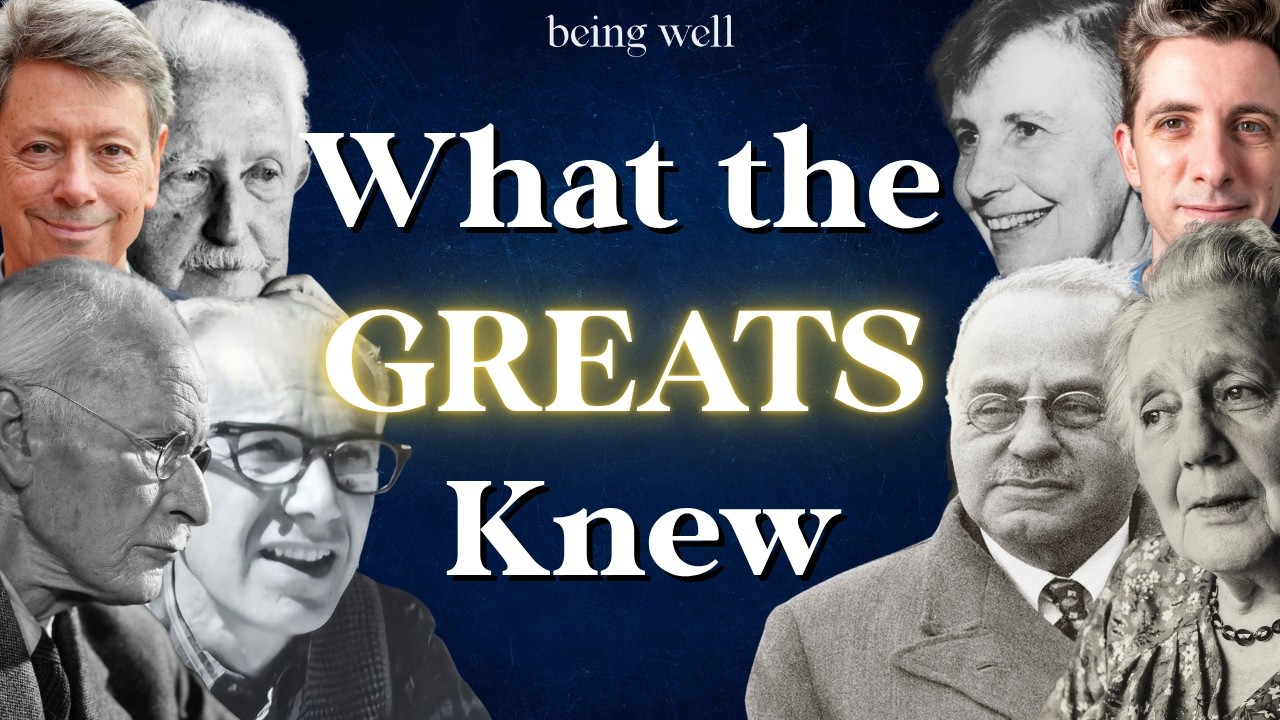 |
|
"I think one reason why adolescence in modern technical societies like in America are often quite troubled is that we thwart their natural movement toward contribution and finding value in their place in the world through genuine contributions."
— DR. RICK HANSON |
|
Dr. Rick and Forrest explore the evolution of psychoanalysis after Freud, highlighting key ideas from figures like Adler, Klein, Winnicott, and Hillman. They track how the field expanded from focusing on the individual ego all the way out to exploring the existential forces that shape who we are. They focus on what lessons we can take away from each of these influential thinkers into our everyday lives. |
| Watch/Listen to the Full Episode |
|
|
|
|
|
|
FREE WEBINAR: |
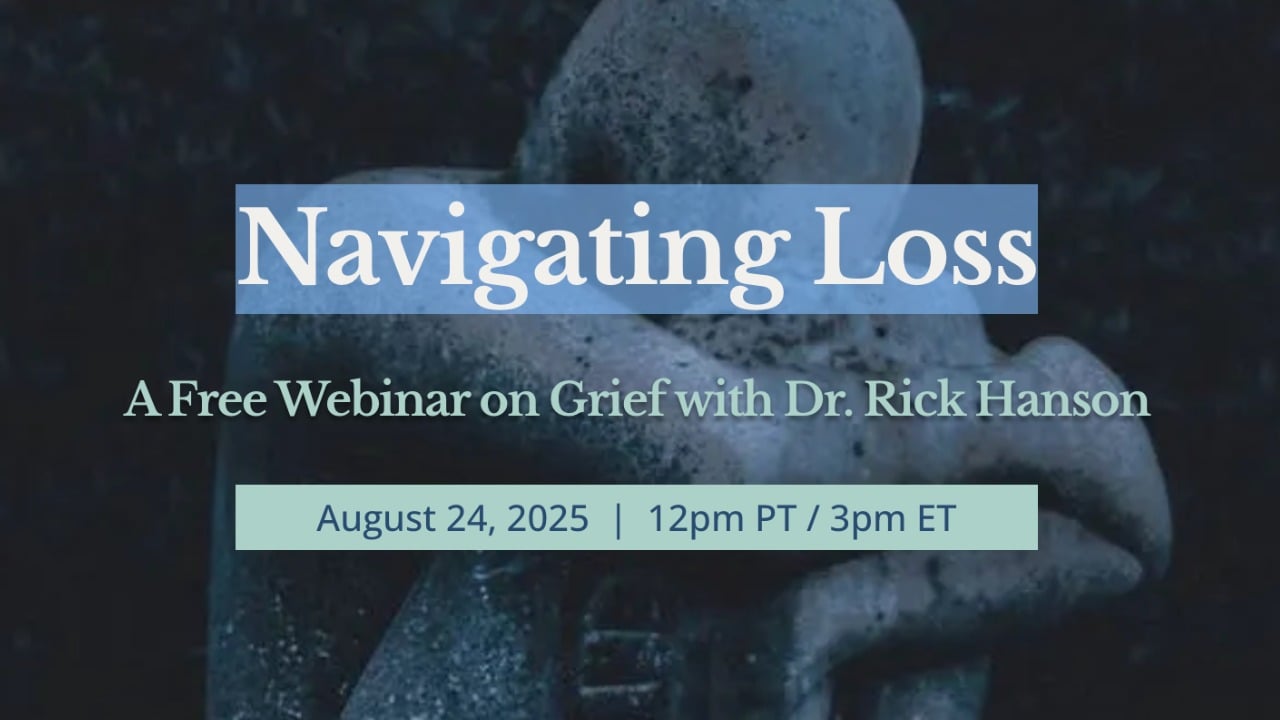 |
|
Grief touches every part of life. It can show up in obvious ways, like the loss of a loved one, or in quiet, hidden forms—changes that no one else sees but you. Whatever your experience, grief can feel heavy, confusing, or isolating. Join me on August 24 for a FREE, live webinar on Navigating Loss where I'll be sharing ways to meet grief with more understanding and self-compassion.
|
| Register for FREE |
|
|
|
|
RICK'S PICK: |
President Trump, Gaza Is Starving. Please Stop This! |
|
|
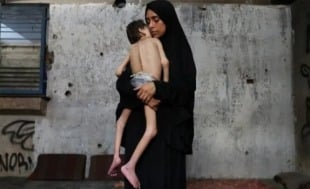 |
|
Displaced Palestinian mother Samah Matar holds her malnourished son Youssef, who suffers from cerebral palsy, at a school where they shelter amid Israel's forced starvation policy, in Gaza City, July 24, 2025 [Mahmoud Issa/Reuters] |
|
|
Bhikkhu Bodhi recently posted this petition on Change.org to urge President Trump to take action and stop the starvation in Gaza. I hope you'll take the time to sign it, too, and also read this monograph from the Club of Rome, particularly Jeremy Lent's essay entitled "Honouring multiple truths: An integrative pathway to peace in Israel/Palestine" (p. 24). |
|
|
|
|
|
|
NEW FROM THE WEDNESDAY TALK/MEDITATION: |
Why We Suffer—and How to Stop Adding to the Pain |
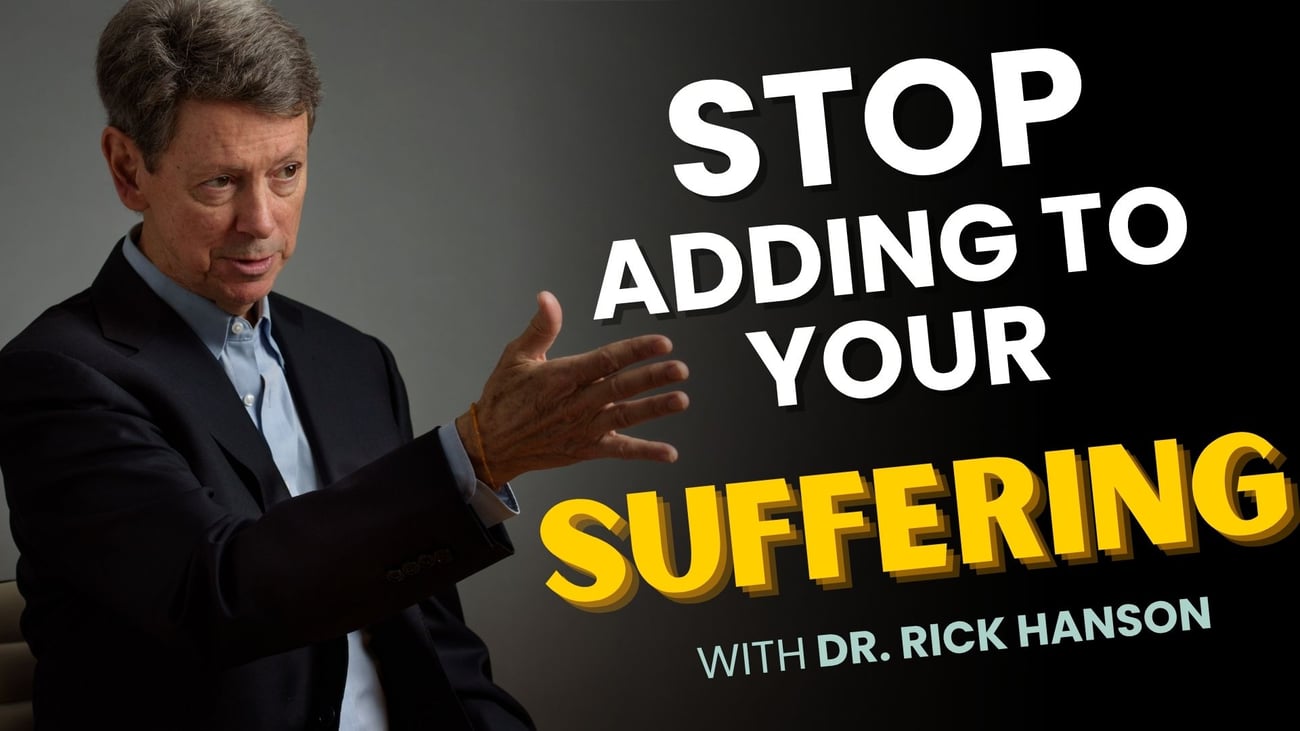 |
|
We can’t stop life from bringing pain—loss, disappointment, aging—but we can stop piling extra suffering on top of it.
In this talk, I explore timeless Buddhist wisdom and practical psychology for meeting life’s “golden winds” without being blown away by them. Learn how to recognize the difference between pain and the suffering we create, work with craving and clinging, and rest in the natural state of peaceful, openhearted happiness that’s already within you. |
| Check out the Talk & Meditation |
|
|
|
|
|
|
HAVE YOU READ IT YET? |
Buddha's Brain: 15th Anniversary Edition |
 |
|
With more than 500,000 copies in print since it was first published, I'm proud to announce the 15th Anniversary edition of my book Buddha's Brain, which features this new preface.
|
| Get Your Copy |
|
|
|
|
|
|
ALSO NEW ON THE BEING WELL PODCAST: |
Reclaiming Anger: Trauma, Repression, and Healthy Protest with Elizabeth Ferreira |
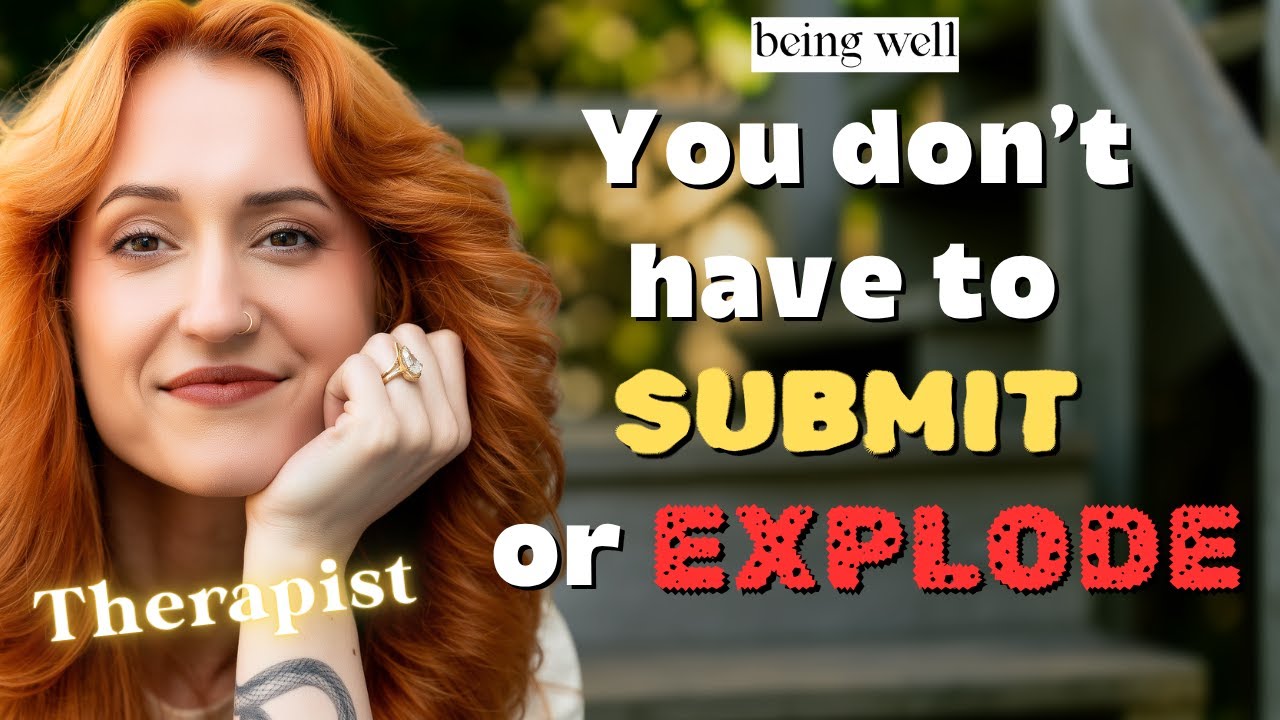 |
|
Forrest and associate therapist Elizabeth Ferreira talk about healthy (and unhealthy) anger. They challenge the common framing of anger as a “secondary emotion,” and explore why anger matters, how it relates to trauma, and what it can tell us about our wants and needs. They discuss how to access healthy protest and work with less healthy forms of anger like explosive rage, repression, defensiveness, passive aggression, and righteousness. Elizabeth shares insights from both her personal experience as someone with CPTSD and clinical practice.
|
| Watch/Listen to the Full Episode |
|
|
|
|
|
|
FREE SUMMIT: |
Rewiring Your Brain Mega-Summit |
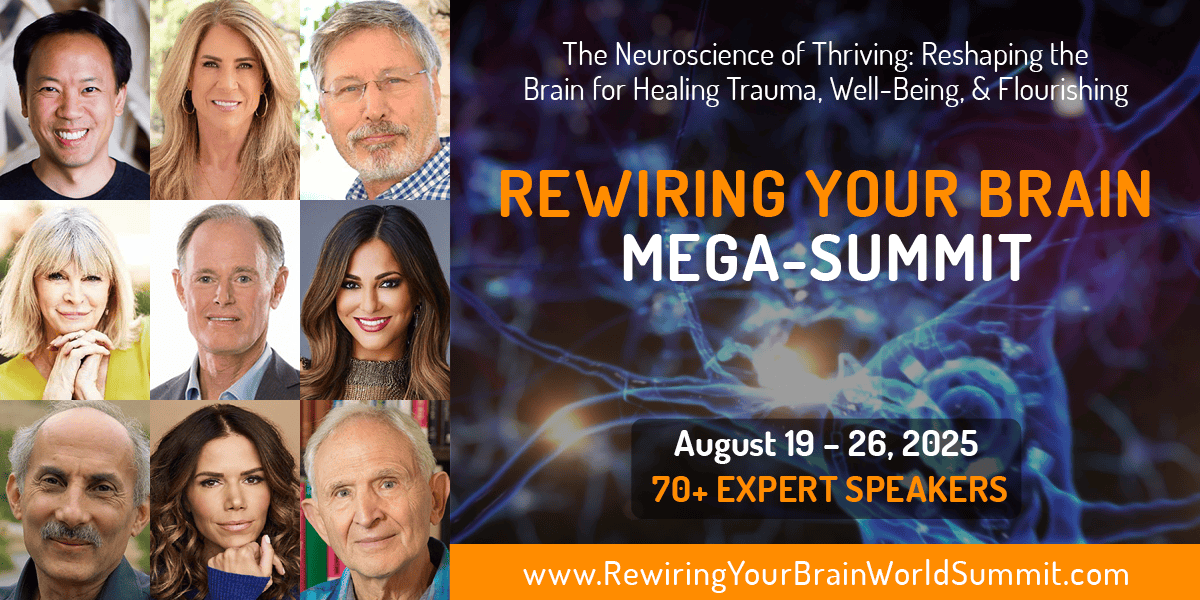 |
|
I’m very pleased to be among the presenters for the 2025 Rewiring Your Brain Mega-Summit, from August 19- 26, 2025. This powerful event offers a science-based path to restore balance in the brain, release stored trauma, and integrate proven practices for lasting healing, resilience, and personal growth.
|
| Register for FREE |
|
|
|
|
|
|
ASK RICK: |
How do you deal with a situation in which a perpetrator repeatedly abuses the victim? The mind and soul are so badly bruised that there is no way out. |
 |
|
The situation you describe really touches my heart – and yes indeed, it is one of the greatest challenges to the topic of forgiveness.
First of all, whatever one does regarding forgiveness, safety comes first, for oneself and if relevant, for others. So I hope you are doing what you can to get out of a relationship with someone who is abusing you, or shrink the size of it so that it no longer contains abuse.
Second, sometimes a person just can’t forgive, in any way, shape, or form. It’s too early, the wound is too great, what happened seems unforgivable. If that’s true, it’s true. Then around the non-forgiveness could be a disengagement from pouring gasoline on the fire of outrage, resentment, fault-finding, self-criticism, etc. And skillful action as appropriate, such as to enlist the useful aid or support of others.
Third, if the first level of forgiveness is possible – releasing, disengaging from resentment or anger, yet without a full pardon – then a person could help herself to experience and stabilize that state of mind. For example, to do this myself, it helps me to know that a perpetrator has suffered, too (usually at the hands of others). Sometimes it helps to seek justice; knowing that you have done what you can for justice – if only to protect others from the perpetrator – and perhaps knowing that the perpetrator is indeed facing justice of one kind or another, can help a person set down the burden; you did what you could and now it’s out of your hands. |
|
"Last, whatever you are doing with forgiveness, it helps to take a good step each day toward your own better life." |
|
This helps pull your attention into positive actions and their benefits, and draws it away from the perpetrator and the abuse. As you put steps between you and the train wreck behind you, it can play a smaller and smaller role in your life. As the saying puts it: “Better to light a single candle than to curse the darkness.” |
|
|
|
|
|
|
MindFull of Good is a free newsletter that highlights new and free content from Dr. Rick Hanson and the Being Well Podcast as well as other free offerings to fill yourself up with good. |
|
|
|
|
|
|
|
|
|
|